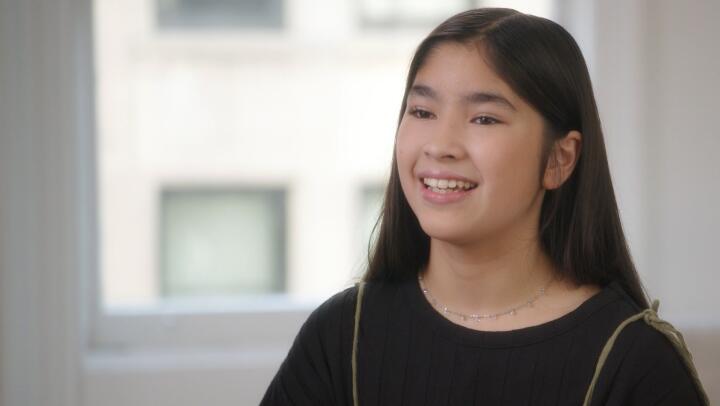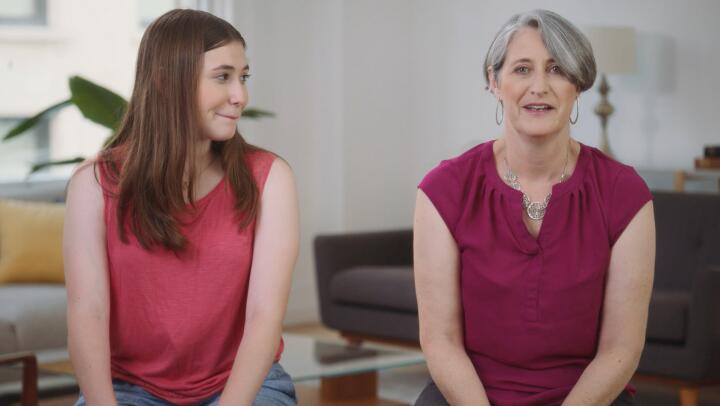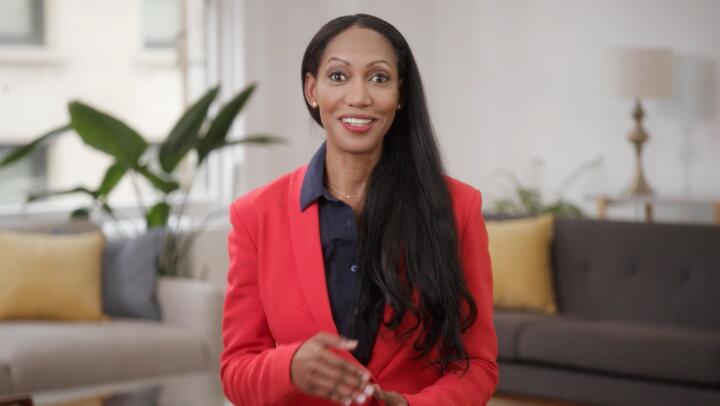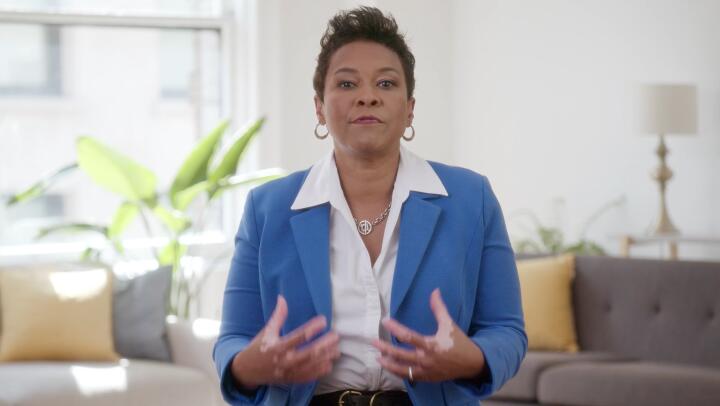When a child is diagnosed with attention deficit hyperactivity disorder (ADHD), parents often wonder what treatments will help manage symptoms. Recent research suggests combination therapy for ADHD – using both medication and therapy – can help improve functioning better than each modality on its own. If you have a child with ADHD, talk to their pediatrician or psychiatrist about the right treatment strategy.
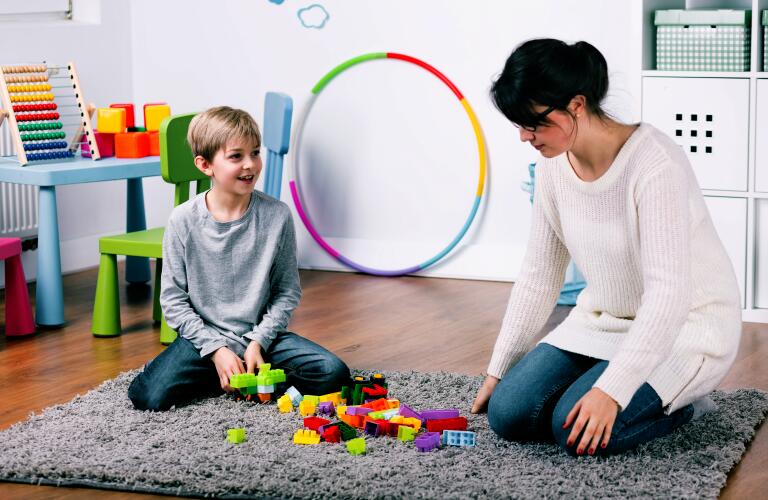
According to the American Psychiatric Association, approximately 8.4% of children receive a diagnosis of ADHD. As one of the most common mental disorders affecting children, ADHD is usually first identified when a child is school-aged. Disruptions in the classroom or an inability to complete schoolwork are often the first signs of a problem. ADHD is more common in boys, although it is often underdiagnosed in girls. If your child receives a diagnosis of ADHD, many resources are available to help, and leading experts recommend using a combination of medication and behavior therapy – a “multimodal” approach – to help your child thrive.
Treating ADHD in kids
ADHD can prevent children from functioning well at home, at school, and within their relationships.
Common symptoms of ADHD include:
- avoiding tasks requiring continuous mental effort
- becoming easily distracted
- difficulty taking turns, resisting temptation, sharing, and waiting
- frequent or excessive daydreaming
- losing or forgetting things frequently
- making careless mistakes
- squirming or fidgeting
- struggling to follow directions
- talking too much
Many doctors recommend using a combination of ADHD medication and therapy to help improve these symptoms. If your child is very young, your pediatrician may suggest behavior therapy as a first-line treatment. In most cases, parents will also need to change some of their own behaviors to help their child excel.
Behavior therapy for ADHD
Behavior therapy helps children with ADHD learn to control and eliminate unhelpful, negative behaviors. They’re also taught coping techniques for overcoming challenges, like breaking down large tasks into manageable chunks, or writing things down so they don’t forget them. This type of treatment teaches children how to monitor their own actions and habits and give themselves positive feedback for acting in an appropriate manner.
Often, behavior therapy includes practical assistance, like help with organizing, and a focus on developing social skills, such as sharing toys or asking for help. In many cases, parents are also instructed about how to promote positive behaviors. This usually includes providing positive feedback for children when they use the skills they’ve learned, as well as creating structure and routines at home.
ADHD medication
ADHD medications are approved for use in children as young as 6 years old. Two different classes of medications help kids with ADHD overcome their symptoms:
- Stimulants: These drugs are most commonly prescribed for ADHD. They act quickly to increase certain chemicals in the brain, such as dopamine and norepinephrine. These two chemicals help people think more clearly and pay attention.
- Nonstimulants: These medications don’t start working as quickly as stimulants, but their effects usually last longer. Nonstimulant ADHD drugs help improve attention, focus, and impulsivity.
In some cases, doctors also prescribe antidepressants along with stimulants. Antidepressants may help control some of the side effects of stimulant drugs, such as sleep problems. They can also be helpful if the child has another condition or mood disorder like anxiety.
Multiple studies over the years indicate that combining medication with behavior therapy is the best way to help your child manage their ADHD. Each child responds to ADHD treatment differently. It may take some time to find the right combination of medication and behavioral treatments that work best for your child. If treatment doesn’t seem to be working, tweaking dosage levels or changing the type of medication may help to better control symptoms.
It’s important for your child’s doctor to frequently monitor your child’s response to ADHD treatment. Treating ADHD in kids can be challenging, but working in close contact with your pediatrician is the best way to help your child succeed.





